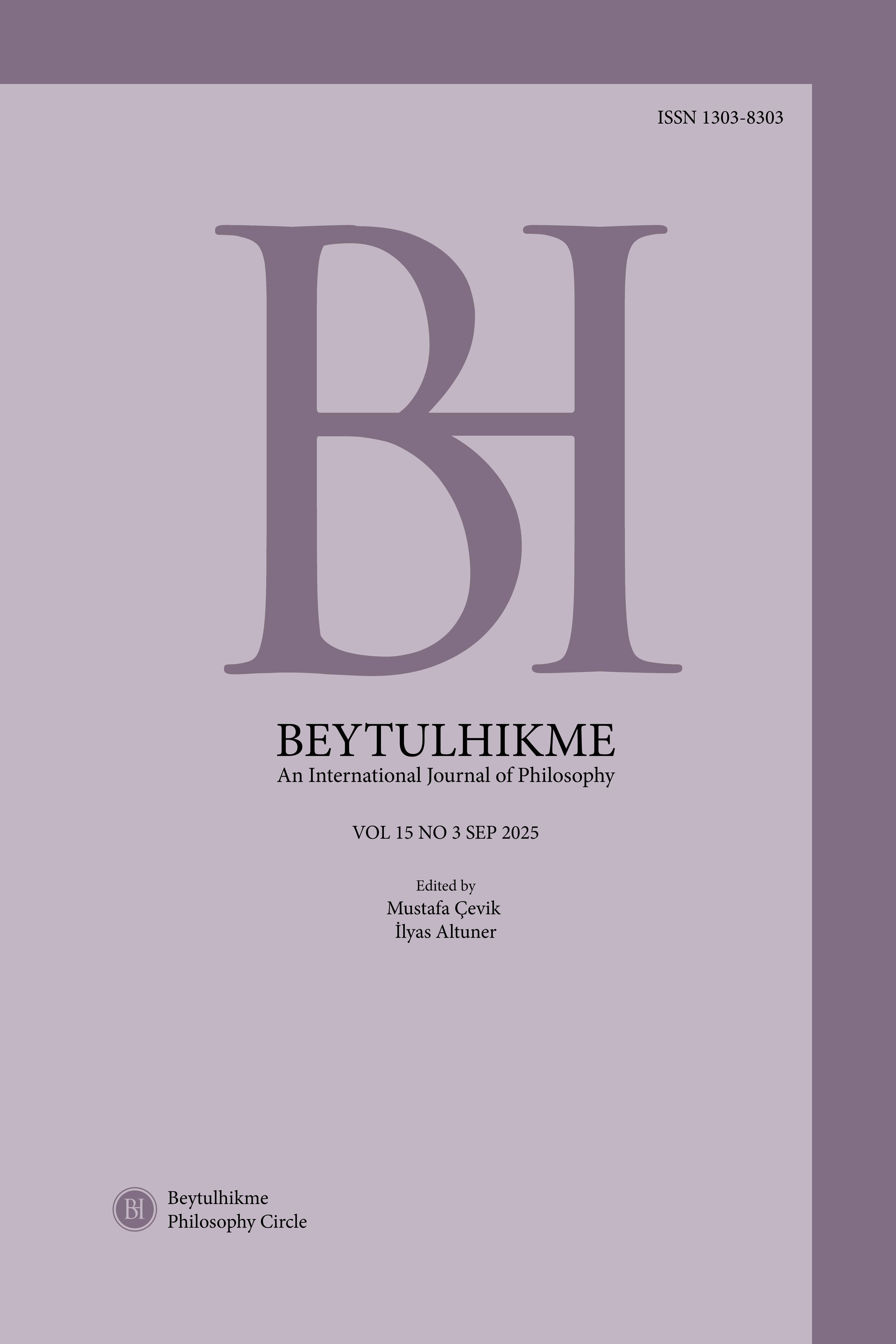Author :
Abstract
Aristoteles Retoriği düşünsel özgünlük ve zihinsel gelişim açısından modern eğitimde önemli bir yere sahiptir. Antik Yunan’dan günümüze retorik, sadece etkili iletişimin bir aracı değil, aynı zamanda düşünceleri düzenleme, ifade etme ve karşıt görüşlerle başa çıkmanın bir yolu olmuştur. Bu nedenle retorik, Antik Çağ'dan XIX. yüzyılın sonlarına kadar eğitim sistemlerinin merkezinde yer almıştır. Aristoteles’e göre retorik, yalnızca ikna sanatı değil, düşüncenin geliştirilmesi sürecidir. Eğitimde öğrencilerin hem yaratıcı düşünme becerilerini geliştirmeleri hem de eleştirel bakış açıları kazanmaları için güçlü bir araç olarak kabul edilmektedir. Özellikle bilgiye erişimin kolay olduğu çağımızda retorik, eleştirel düşünmeyi teşvik etmek için daha da hayati hale gelmiştir. Bu bağlamda çalışmamızda, üç temel retorik aracı olan ethos, pathos ve logos unsurlarıyla yaratıcı ve eleştirel düşünmeyi destekleyen Aristotelesçi retoriğin hem tarihsel kökenleri hem de modern uygulamalardaki yeri ele alınarak eleştirel düşünme süreçlerine katkısı incelenmekte ve bu katkının günümüz eğitim ortamında nasıl devam ettiği tartışılmaktadır.
Keywords
Abstract
Aristotelian rhetoric holds a significant place in modern education in terms of intellectual originality and mental development. From Ancient Greece to the present, rhetoric has served not only as a means of effective communication but also as a tool for organizing thoughts, expressing ideas, and addressing opposing views. As such, it remained central to education systems until the late 19th century. For Aristotle, rhetoric is not merely the art of persuasion but a process of cultivating thought. In education, it is considered a powerful tool for developing both creative thinking and critical perspectives. In today’s world of easy access to information, rhetoric has become even more essential for fostering critical thinking. This study explores the historical roots and modern applications of Aristotelian rhetoric—particularly its three core elements: ethos, pathos, logos—and examines how it supports creative and critical thinking, with a focus on its ongoing relevance in contemporary education.





